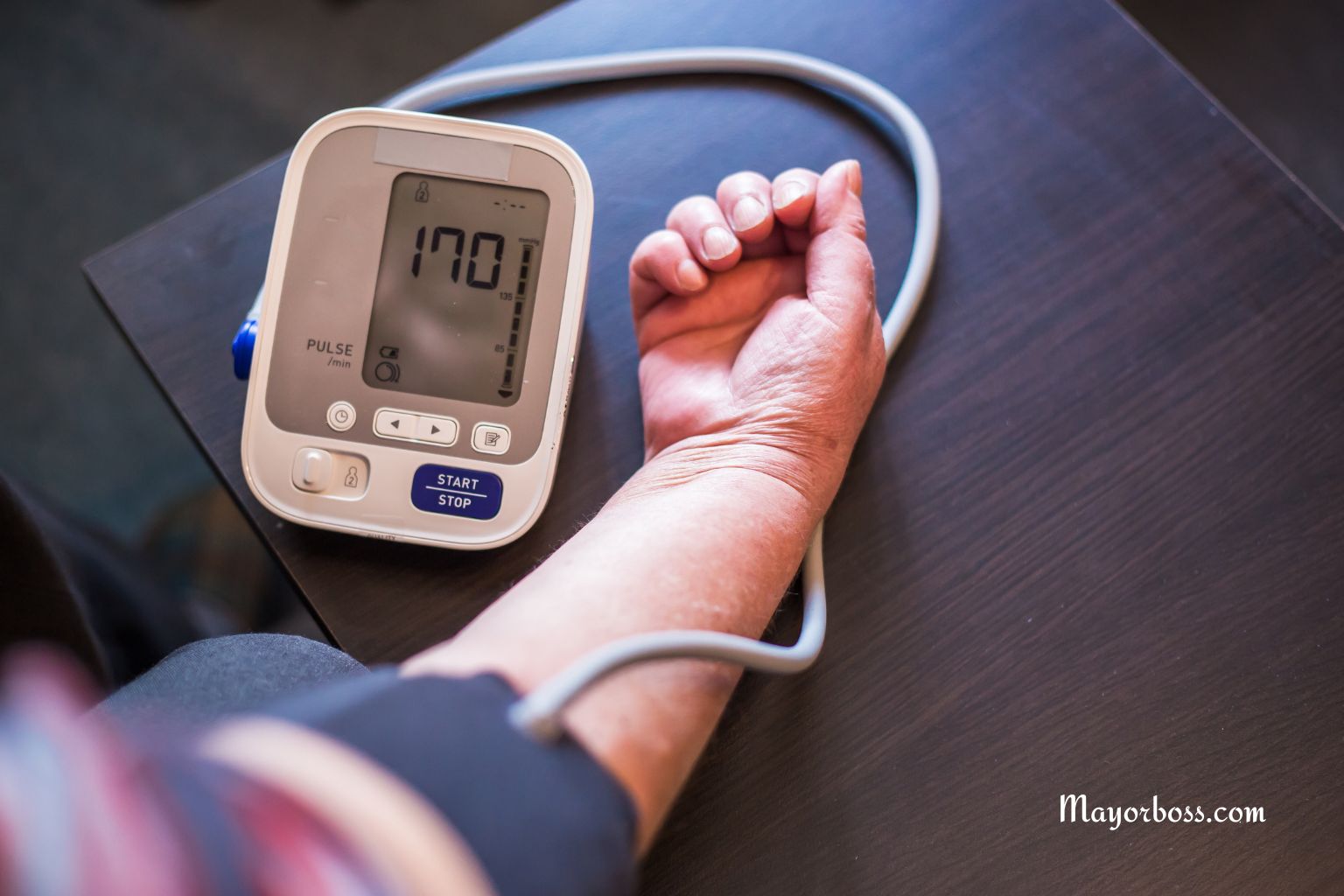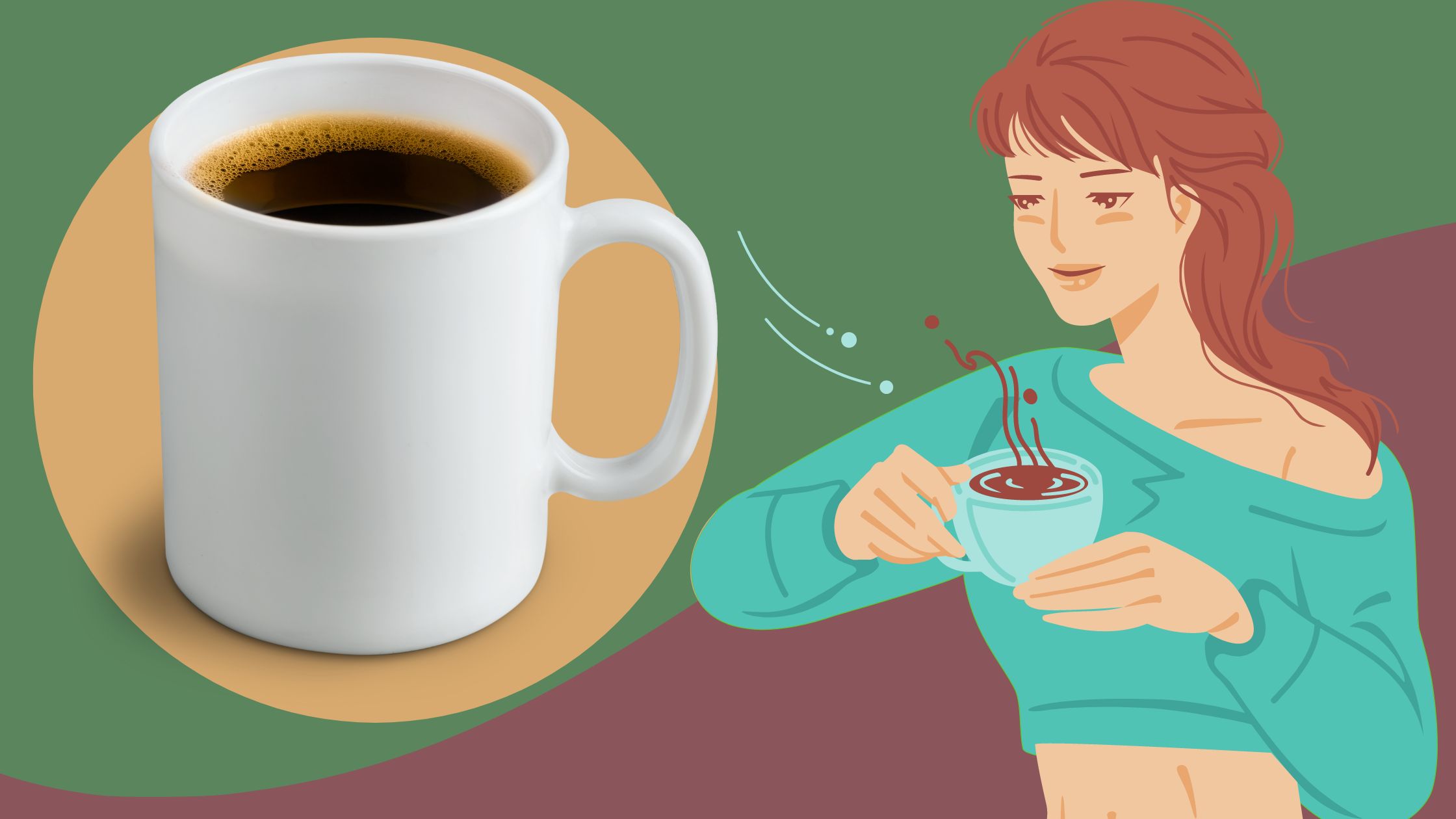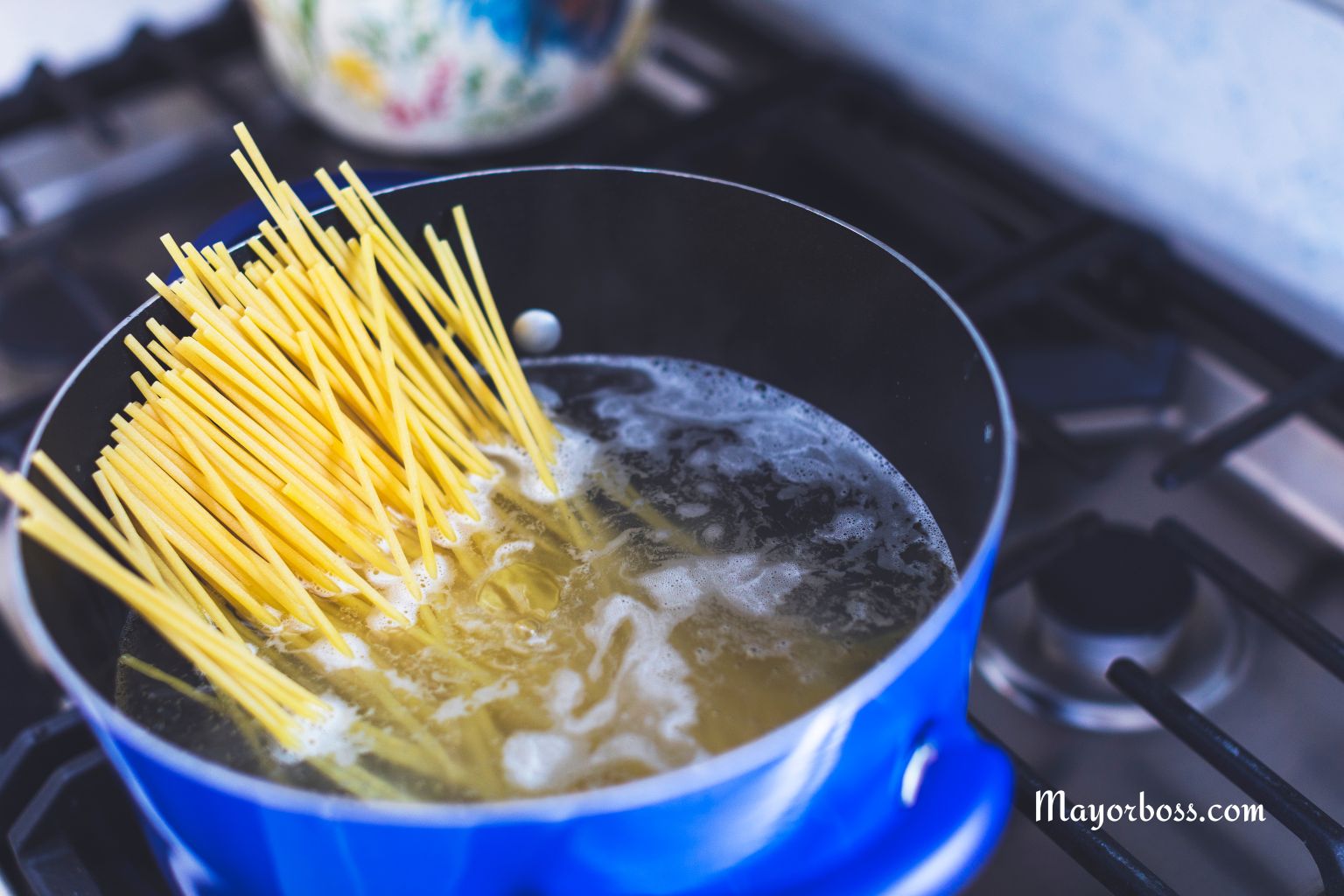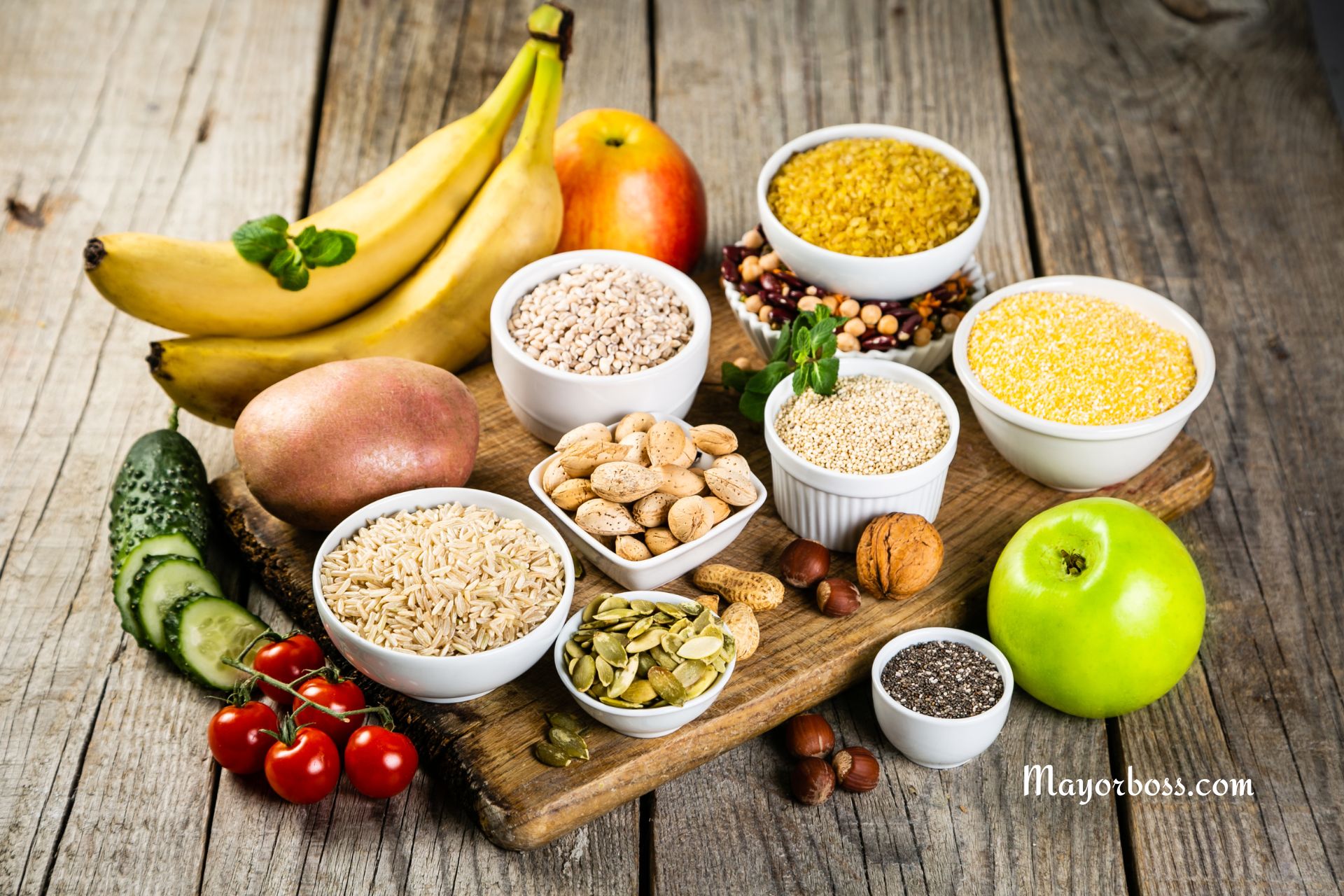10 Foods That May Reduce Your Risk of Blood Clots
You may reduce your risk of blood clots by eating certain foods. These may include fatty fish, garlic, citrus fruits, dark chocolate, and virgin olive oil. Each offers unique health benefits that could promote healthier blood flow.
When you think of foods that may reduce your risk of blood clots, certain items likely spring to mind.
Interestingly enough, a nutritious diet is actually one of the best strategies for maintaining optimal health and preventing a variety of medical conditions, including blood clots.
This article will shed light on ten such foods.
Foods That May Reduce Your Risk of Blood Clots
Fatty Fish
Thanks to its Omega-3 fatty acids, fatty fish is packed with heart-healthy properties.
Salmon, mackerel, and sardines, for instance, are full of these beneficial fats, which can help reduce inflammation and blood clotting.
Beans
Beans, particularly black Beans, Kidney Beans, Black-Eyed Peas, and chickpeas, are another food group to consider.
They are loaded with fiber and protein.
These nutrients contribute to better blood flow, reducing cholesterol levels and maintaining healthy blood pressure, thereby potentially reducing your risk of blood clots.
Berries
Berries, loaded with antioxidants (particularly anthocyanins) and flavonoids, can also play a significant role.
More specifically, these compounds may protect against blood clotting.
So what about the types of berries to consume? Strawberries, blueberries, and raspberries are excellent choices.
Garlic
Garlic is widely known for its numerous health benefits.
However, did you know that garlic can potentially ward off blood clots?
Garlic is actually a potent source of beneficial compounds like allicin.
These compounds may reduce platelet aggregation, thus potentially minimizing the risk of clot formation.
However, more research is needed to fully understand garlic’s impact on blood clotting.
Citrus Fruit
Citrus fruit, particularly oranges, lemons, and grapefruits, are chock-full of vitamins and antioxidants.
These, particularly vitamin C, can help maintain a healthy vascular system, improve blood circulation, reduce inflammation, and may lower the risk of blood clots.
Turmeric
Turmeric, a staple in Asian cuisine, is packed with a compound called curcumin.
Scientific evidence also suggests that curcumin may have anti-clotting properties, making turmeric a promising food for blood clot prevention.
Dark Chocolate
Even though it might sound surprising, dark chocolate, specifically those varieties that are high in cocoa content, could have potential blood-thinning properties.
This is due to its flavonoids, which have been linked to lower rates of blood clot-related conditions like stroke.
Virgin Olive Oil
Virgin olive oil is full of monounsaturated fats and phenolic antioxidants.
These compounds, particularly oleic acid, and oleuropein, may help reduce the risk of blood clotting by improving cholesterol levels and promoting blood vessel health.
Poultry
Poultry, especially chicken, and turkey, is a major source of lean protein and vitamin B6.
Both nutrients are essential for blood health, with B6 playing a significant role in reducing homocysteine levels, a risk factor for clot formation.
Whole Grains
Finally, we cannot overlook whole grains.
Rich in fiber, complex carbohydrates, iron, potassium, Vitamin B6, and magnesium, whole grains can help maintain healthy blood pressure levels and cholesterol levels as well as lower inflammation.
This can, theoretically, lead to reduced blood clot risks.
The Dietary Guidelines for Americans says adults should consume about 3 ounces of whole grains a day.
Frequently Asked Questions
What is a Blood Clot, and Why is it Dangerous?
Blood clots are clumps of blood that have changed from a liquid to a gel-like or semisolid state. It’s the body’s normal response to injury to prevent bleeding.
However, when clots form inside your veins without a clear reason or don’t dissolve naturally, they can be dangerous.
This could very well explain why some people experience conditions like deep vein thrombosis and pulmonary embolism, which are serious health issues that need immediate medical attention.
Can Food Really Reduce the Risk of Blood Clots?
Yes, certain foods are known to contain compounds that can potentially reduce the risk of blood clots.
This is because they contain various nutrients that can promote heart health, reduce inflammation, and improve blood flow.
However, diet alone cannot guarantee protection against blood clots.
It’s essential to maintain a balanced diet, stay physically active, and follow your healthcare provider’s advice.






